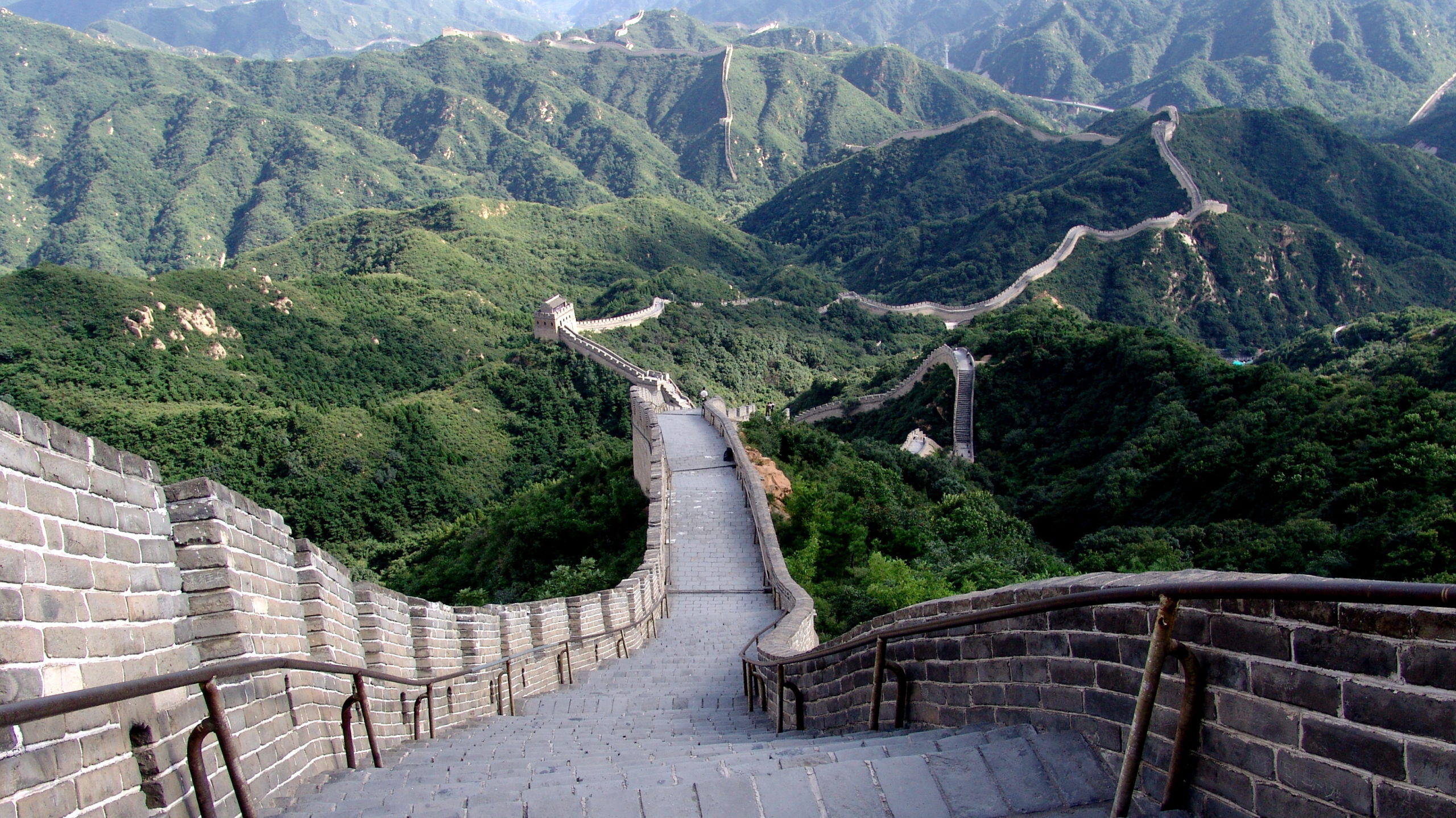
RECOMMENDED READING
Tesla’s annual “Impact Report,” released in May, surveyed thousands of its “key stakeholders.” Most were in China. Tesla’s largest plant and export hub is in Shanghai. It has just opened a research-and-development center there as well. Founded in America, dependent on American innovation, nurtured by American subsidies, the world’s most valuable car company might best be described as Chinese. When its executives promise “stakeholder engagement,” they mean kowtowing.
Faced with such results, policy-makers and their economists are belatedly discovering that globalization is not a “no-brainer,” an easy “win-win,” or even a particularly good idea. Researchers have shown that free trade with China cost America millions of jobs, with consequences ranging from declining family formation to increasing substance abuse and suicide — the so-called deaths of despair. The Covid-19 pandemic’s disruptions have exposed the strategic disaster of dependence on China, the costs of moving supply chains overseas, and the ways that the single-minded pursuit of efficiency can make a nation less resilient.
The economic-policy tools that conservatives most comfortably wield — tax reform, deregulation, expanding trade, and so forth — were chosen long ago in response to different challenges. They offer little help here. So policy-makers have begun rummaging through the garage to make a bigger toolbox. In the semiconductor industry, for instance, Taiwan and South Korea supplanted U.S. leadership through an aggressive industrial policy of direct public investments and subsidies for their own chip manufacturers. China is now attempting the same. In America, the recently passed CHIPS and Science Act represents the beginning of a response, with funds aimed at supporting both construction of chip-fabrication plants here and research that could produce future breakthroughs.
But conservatives rightly prize America’s market economy and worry that subsidies will fuel cronyism and mis-allocate capital. Subsidies for particular firms and projects are a double-edged sword: Their narrow targeting might seem to minimize market intervention, but they also leave room for mischief. The CHIPS Act is better than the alternative of simply abandoning technological leadership to Asia, but the conservative toolbox has more to offer. Much blunter instruments can often get more done and, counterintuitively, they can do much less damage to markets in the process.
The best illustration comes from our own shores, during the presidency of Ronald Reagan. When he took office, the domestic auto industry was in a tailspin. Facing a flood of Japanese imports, the “Big Three” automakers — GM, Ford, and Chrysler — had just suffered their first losses in more than two decades and collectively laid off a tenth of their factory workers. While some in his cabinet advised doing nothing, Reagan negotiated an import quota with Japan, sharply constricting the flow of vehicles into the United States. This was not a subtle or fine-tuned policy; it simply prohibited imports from rising above the 1979 level.
And it worked. Detroit turned around, and the Japanese firms invested tens of billions of dollars in a massive new manufacturing base in the South that created hundreds of thousands of American jobs — the single, exceptional example of significant foreign manufacturing capacity relocating to America instead of the other way around. Anyone hoping for more of the same today should take note.
Recommended Reading
The Market’s Border Crisis
American Compass executive director Oren Cass makes the case that revitalizing the American industrial base requires moving beyond globalization.
Chipping Away at Globalization Is a Smart Move
American Compass’s Oren Cass argues that the CHIPS Act marks an inflection point for America turning away from globalization and revitalizing domestic industry.
Time for a Hegelian Synthesis on Trade and Globalization
German philosopher Hegel postulated that history progresses through thesis, antithesis and then synthesis. Today we are seeing the first two dynamics with trade policy and attitudes towards globalization; we desperately need the third.












